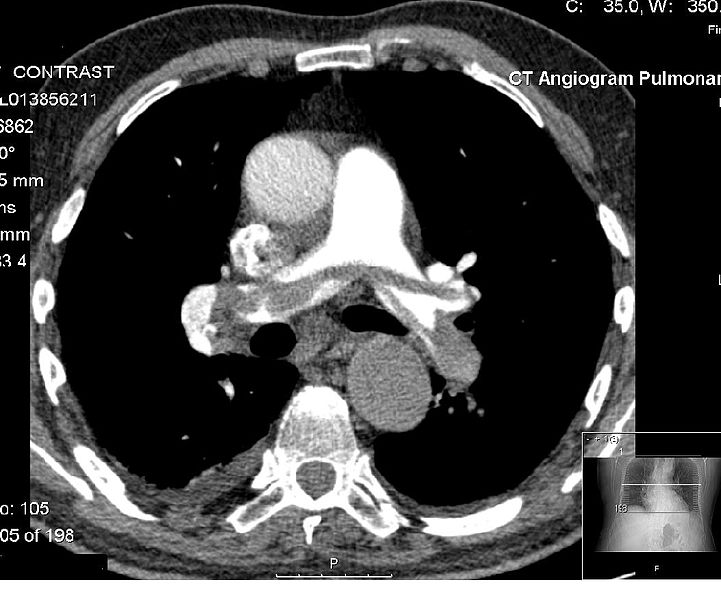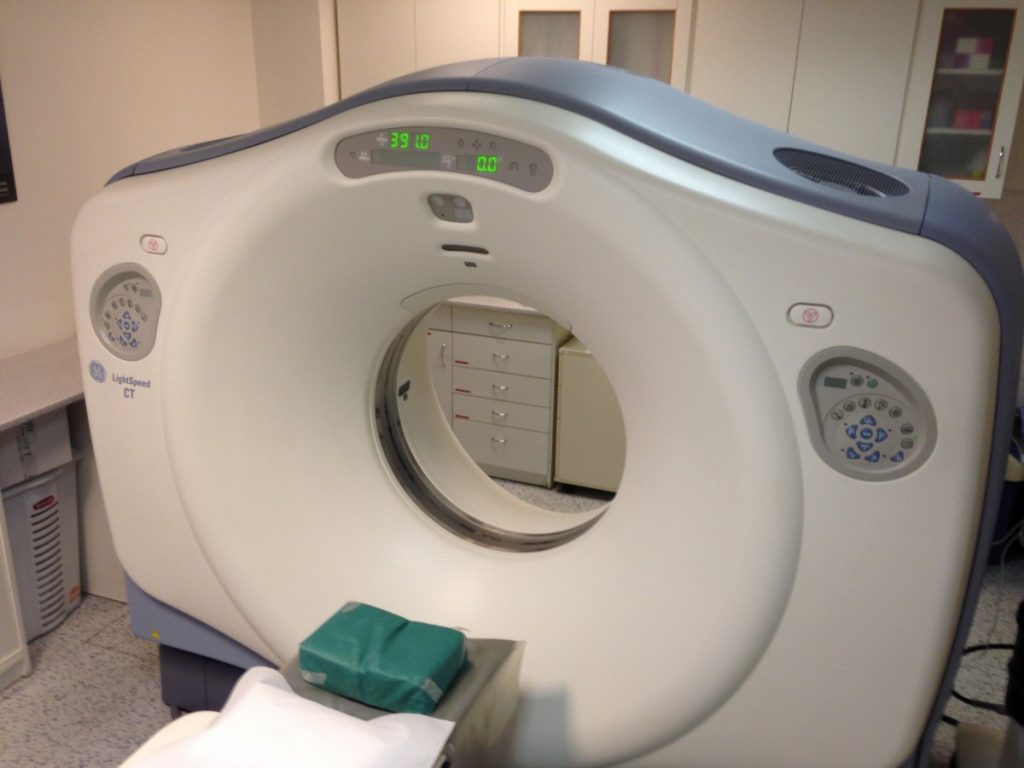Transcript
I’m Peter Bremner. I’m a respiratory physician and I’ve been part of the Advisory Board for about 10 years.
How is asthma treated? What is the difference between a preventer and reliever inhaler?
So with the treatment of asthma we have two groups of drugs – we have preventers and we have relievers. They’re very different and it’s important that patients understand the difference between the two.
The most important asthma medication is the preventer, and that is a class of drug that reduces the inflammation. You’ll recall that the predominant driver of the narrowing of the bronchial tubes that causes asthma symptoms is inflammation. So we can manage that inflammation with anti-inflammatory drugs. The anti-inflammatory drugs generally come in puffers, and you inhale those into the lungs where they’re directly deposited on the areas of inflammation and that leads to reduced swelling.
The second group of drugs that we use in the management of asthma are relievers. There are a wide range of relievers, as there are with preventers, and relievers have a completely different mechanism of action. With relievers we inhale into the lungs, onto the bronchial tubes, and they reduce the constriction or the narrowing caused by smooth muscle or muscle constriction. That muscle constriction which narrows the bronchial tubes is caused by the inflammation. So the dilator drugs or the relievers, as we call them, reduce the effect of the constriction.
So we have two groups of drugs that work in two different ways to treat the two causes of the narrowing of the bronchial tubes. The most important of these of course is the preventer. Because if you don’t use the preventer then you’re at much greater risk of having an asthma attack.
What are the common myths associated with asthma and asthma treatments?
A common myth around asthma is that if you take your preventer medication you’ll get “used to it”, and we know that that’s not the case. Not taking your medication is a big risk for poorly controlled asthma and leads to flare-ups. So the body never gets used to asthma medication and it’s important that people understand that. The body needs that medication to function in a normal way in patients with asthma.
Some of the other myths that exist with asthma is that it’s normal to have breathlessness and wheeze and cough, and it’s not normal. Most people or almost all people with asthma should function normally and have no symptoms. That is to say, we’d like them to not be waking at night, not having breathlessness that affects your ability to participate in sport or do any activity you choose to. So it’s not acceptable to believe that’s ok – that’s a common myth. You should be able to do anything and if you can’t then probably there’s something wrong with your medication.
Get on top of your general health
Find and instantly book affordable GPs within Australia
How can I prevent an asthma attack? What increases my risk for an asthma attack?
It’s important when you manage your asthma that you have a strategy in place to help prevent attacks, because attacks of asthma can be life threatening, and can certainly precipitate admission to the hospital. The most common cause of having a flare-up or attack of your asthma is not taking your medication. And so there’s a number of things that you can look out for that might increase your risk of having an attack. The first is if you’re not taking your medication, and if you’re not taking your preventer more than three times a week, then you’re at much greater risk of an attack. Using your reliever on a regular basis is also a marker of a greater risk of an attack. We would believe that taking your reliever more than 3 to 4 times a week is a marker of an increased risk of having an attack, so it’s important that you take your preventer.
Exposure to some of the triggers of asthma can also increase the risk of an attack, so if you know what triggers your asthma, and particularly if you’re not taking your reliever, you’re at much greater risk of an attack. If you expose yourself to those triggers, and we’ve talked about some of those before, such as pets, dust, grass, whatever the trigger is that sets off your particular asthma which varies between individuals.
What is the correct inhaler technique?
It’s very important that you use your puffers correctly and asthma drugs are available in a wide range of devices, some of which are very hard to use. Unfortunately, GPs are not particularly good at using these devices either but it is important that you show your doctor how you’re using it and be sure at least that you’re using it as well as you can. If there is a problem with your technique then you need to change the device.
There are websites available certainly in Australia where you can review videos of how to use puffers correctly. You just need to google “puffer technique” or go on to the Asthma Foundation website, and you’ll see links to videos in which you can view other people using the puffer. But it is important that you ask someone to watch you do it, because even if you think you’re doing it correctly, it’s very common for you to be using it incorrectly.
We know that correct puffer technique is very closely linked to good control.
Why is it important to use the correct inhaler technique?
We’ve talked about some things that might lead to control of asthma that is less than optimal and one of the most common things that’s under appreciated is your ability to use puffers correctly.
Asthma puffers can be very difficult to use correctly and it’s very important that every time you see a doctor that you ask your doctor and show your doctor how you’re using your puffers.
Asthma treatment frequently fails – not because they don’t use the drug or the puffer but because they don’t use it correctly. And if you don’t inhale that puffer into your lungs then your lungs are not going to receive the benefit that’s intended. Often it ends up in your mouth or in the air, certainly not where it’s intended to go.
How can I tell if my asthma inhalers are empty?
Most preventers, if prescribed in a standard dose, will run out in about a month. Many of them have counters and that makes it much easier to determine how much you’ve got left.
The metered dose inhalers, which is the group of inhalers that doesn’t generally have a counter, you need to shake it to tell whether there’s anything left in it. So you pick it up and you shake it and you can usually tell when it’s empty. The other way to tell is to press the puffer, so you just squeeze it into the air and when it’s empty nothing will come out. If it’s full you’ll see a spray come out of the puffer.
How often should asthma patients see their GP for a review?
Most asthmatic patients should be seeing their GPs on a regular basis.
How do you define regular? It depends on control. If control is good, once or twice a year. If control is not good, once or twice a month to try to achieve that control so that you reduce the risk of having an attack of asthma.
You also need to see your GP to get your medication. You can’t buy your preventer medication over the counter and that’s the key to maintaining good control. And your doctor can’t generally provide you with a prescription that lasts more than 6 months so you need to be seeing your GP at least twice a year.
Dr Peter Bremner’s advice and top tips for managing asthma
It’s important to understand that patients with asthma can live a completely normal life and not have their asthma interfere with it in any way.
To achieve that:
- It’s important that you understand the differences between puffers and use your preventer puffer on a regular basis.
- It’s very important that your technique with that preventer puffer, with any puffer, is good and that you’re using the drug correctly as well as using it regularly.
- It’s important to understand also that it’s not acceptable to have persistent asthma symptoms that interfere with your life in any way and that generally means that control is sub-optimal and you need some adjustment to your treatment.
- We know that the possession of an asthma action plan is very important and probably the most important part of your asthma management and you should go to your doctor and say I would like an asthma management plan because I understand that it’s going to help me with control and to reduce the risk of me having a flare-up of asthma.
More information
 |
For everything you need to know about Asthma, including the symptoms, risk factors, treatments and other useful resources, visit Asthma. |
All content and media on the HealthEngine Blog is created and published online for informational purposes only. It is not intended to be a substitute for professional medical advice and should not be relied on as health or personal advice. Always seek the guidance of your doctor or other qualified health professional with any questions you may have regarding your health or a medical condition. Never disregard the advice of a medical professional, or delay in seeking it because of something you have read on this Website. If you think you may have a medical emergency, call your doctor, go to the nearest hospital emergency department, or call the emergency services immediately.







